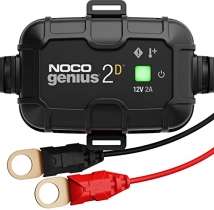-
Welcome to Tundras.com!
You are currently viewing as a guest! To get full-access, you need to register for a FREE account.
As a registered member, you’ll be able to:- Participate in all Tundra discussion topics
- Transfer over your build thread from a different forum to this one
- Communicate privately with other Tundra owners from around the world
- Post your own photos in our Members Gallery
- Access all special features of the site
Stock brake system versus brakeless trailer towing. Is 1st Gen up to it?
Discussion in '1st Gen Tundras (2000-2006)' started by Jedgar, Jul 3, 2024.
Page 1 of 2
Page 1 of 2


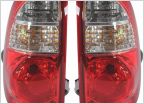 New tailights need help!
New tailights need help!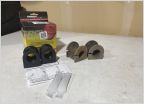 Need new sway bar bushings
Need new sway bar bushings 1st Gen General Questions
1st Gen General Questions Window belting trim
Window belting trim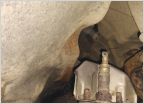 O2 sensor question
O2 sensor question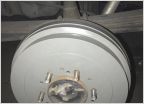 06 Double cab rear brakes
06 Double cab rear brakes






























































